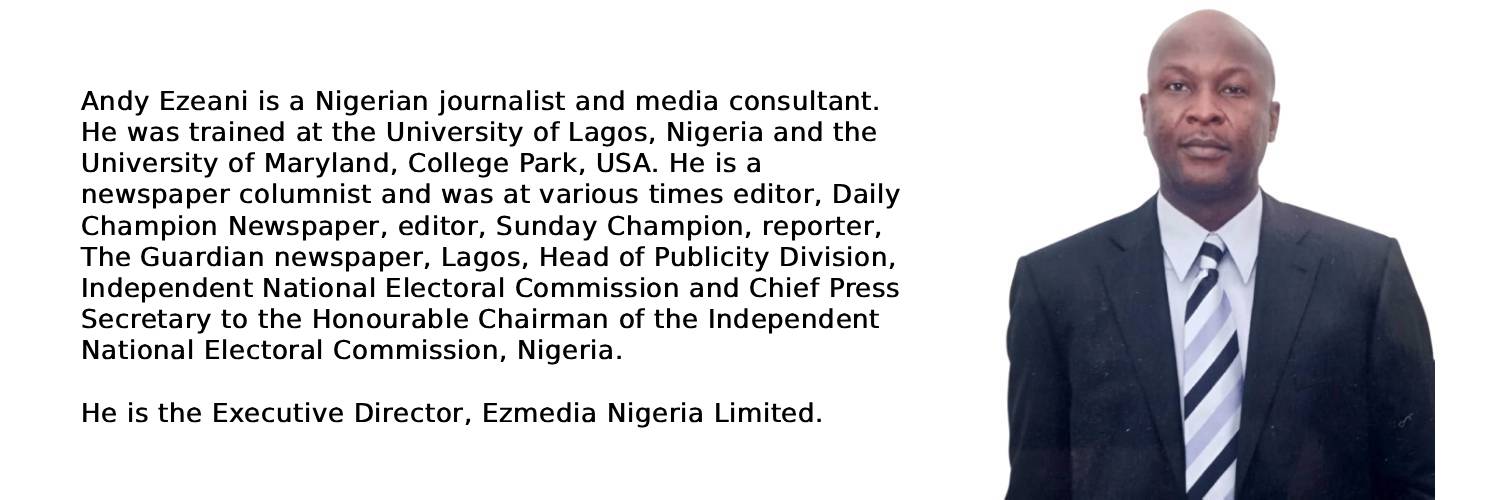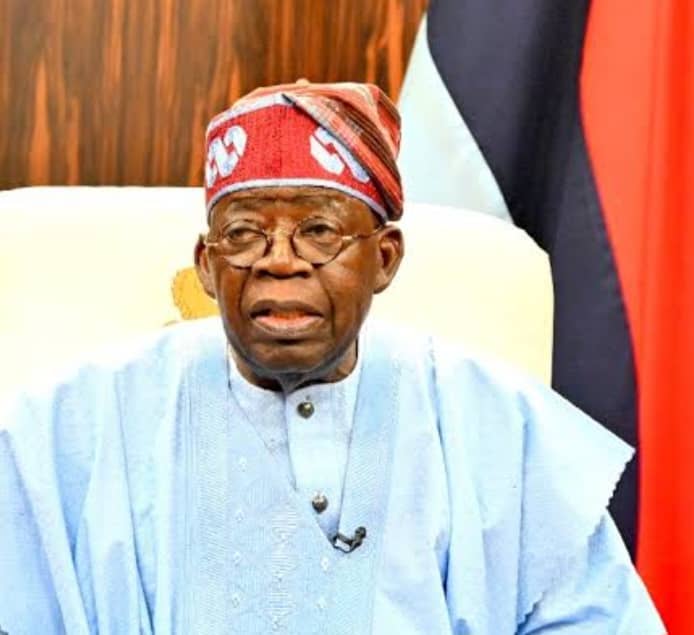Andy Ezeani
Who, actually, rules Nigeria? On the face of it, the question may appear impertinent, considering that the country has an identifiable sitting president who emerged from a selective process that was elaborate. And extraordinarily expensive, too.
Nigeria is a sovereign state, with an elaborate, even if contentious constitution, a presupposed norm that legitimizes whosoever the political process certifies as leader of the pack.
With the British monarch having long departed and republicanism enthroned, Nigeria’s sovereignty can be located to rest on the duly elected head of the state. That is how it ought to be. That is how it appears.
Tales of some potentates wielding influences that often tend to undermine the authority of the supposed sovereign have always existed, no less. Like all shadows, however, the actuality of such powers and influences remains indeterminate.
There is no doubt that the president heads the government. For one, he makes all the appointments into the numerous prime federal positions, obviously exercising unfettered authority in doing that. If he were not in control, the issue would not arise, for one, of a president not being fair-minded and equitable in distributing prime appointments to reflect the diversity of the federation?
In other words, he is the man. The buck stops on his desk. For good measures, the president also appoints the leadership of the military. In doing so, he affirms his eminent constitutional status as the Commander-in-Chief of the Armed Forces.
For all these, the nagging question about who rules Nigeria is not moot. Indeed, the relevance of the question is consistently reinforced not by what the government does but what it fails to do.
So much about Nigeria’s dismal administrative missteps and costly negligence of the basic responsibilities in governance make the question about who rules Nigeria perennially germane. It is not about who is in office but who is in power to call up the delicate nuances of power dynamics that General Ibrahim Babangida once stressed at the height of his power.
Interestingly, when the chips were down, Babangida, who had zestfully declared that he was in office and in power, turned out not to be so. His explanation that he annulled the 1993 presidential election because he would have been killed if he did otherwise simply implied that he, a dictator, was not totally in charge. This is an aside. It touches, though, on how the power optics in Nigeria can mislead.
President Bola Tinubu is credited with being adept in politics. This has appeared more so in the variety of politics that hobbles the opposition.In
matters of containment of manifest threats to the state and reduction of misery and schisms in the society, his incapacity consistently triggers off the question of who is in charge.
Until USA President, Donald Trumped came knocking at the end of October 2025, frontally taking up the Tinubu government on the persecution and genocidal assault on Christians in Nigeria, Tinubu had strangely not been keen on addressing the disaster unravelling under his watch.
When killings and devastation of communities take such horrendous toll as they have done in Nigeria under Tinubu’s government, and the Commander-in Chief remained indifferent, two interpretations lend themselves to the situation; either the sovereign approves of the destruction. Or he is incapable of meeting the challenge.
Stories abound, even in the media, of military commanders, mostly retired, bemoaning the frustration of the situations where troops were at the verge of squaring up with terrorist bands, only to receive orders to pull back and drop further action. In those instances, the troops were stopped from carrying out their campaign to its logical end. The country is, of course, the worst for it. Various communities on the front line of the terrorist attacks have paid mortally for such unpatriotic order.
At various other instances, including in the June 2025 major Jihadist-terrorist assault on Yelwata, Benue State, soldiers who were alerted about the ongoing attack by the endangered community, took to shooting upward instead of appropriately responding in defence of the hapless citizens. Communities in Plateau state have become accustomed to the spectre of the military and security agencies, totally ignoring intelligence on imminent attacks, which eventually play out with several lives lost.
In the South East, the government under Muhammadu Buhari intentionally elected to make heavy weather of the activities of the agitation group, the Indigenous Peoples of Biafra (IPOB), all because the group resisted the invasion of terrorists. In due course, the government proscribed IPOB as a terrorist organization and conveniently waved on the terrorists to carry on with business.
The reports of the blocking of military troops from decisively engaging terrorists in parts of the country point to some forces manipulating or controlling the military commands.
By preventing soldiers from carrying out their fundamental responsibility of defending the territorial integrity of the country and securing citizens, those powers pulling the string obviously owe allegiance to an entirely different sovereign. Thus has the country been exposed to harm and the flow of the blood of innocent indigenous citizens in the last decade.
If then, these treasonable instructions that reportedly hampered military obligations to the country were not issued, directly or indirectly, from the station of the Commander-in-Chief – and there has been no faint allegation that he did so – who then was responsible? Which counter powers were ordering military commanders and their formations to spare terrorists and sacrifice innocent citizens in their homeland? Put succinctly, who rules Nigeria?
Tinubu has not helped matters one bit. His predecessor, Muhammadu Buhari, did not conceal his affinity to the same tendencies from which the bands of terrorists sprang. Nobody was left in doubt about Buhari’s disposition in certain serious matters of the state. But then Tinubu. On which side is he? What does his failure to act translate to?
The General Overseer of the Redeemed Christian Church of God (RCCG), Pastor Enoch Adeboye, himself a staunch supporter of Tinubu reminded the public penultimate week that “you can only advise the Commander-in-Chief.You cannot command him”. He said God is his witness that he had tried his best, obviously a reference to advises given but not taken.
If, therefore, the Commander-in-Chief refuses to act to prevent decimation of his citizens and the loss of a swath of the territory of the country entrusted to him, to terrorist invaders, who does the people turn to? Who rules the country?
It took one outburst from Trump in Washington DC. and the military has been going after terrorists with an uncommon vigour. Even the Department of State Services (DSS) has re-arrested terrorists who escaped over three years ago. They have also re-commenced the trial of terrorists charged with committing such a heinous act as the bombing of the United Nations Building in Abuja way back in 2014. All because Trump coughed. Or maybe it is all a coincidence.


